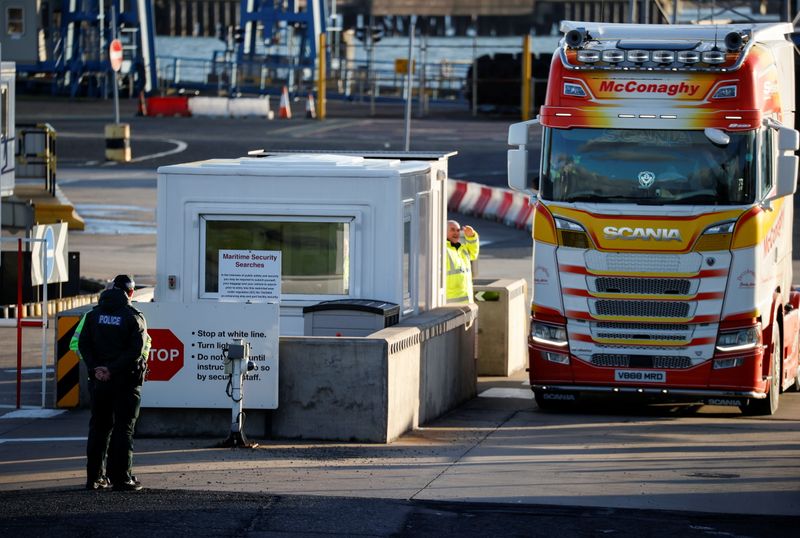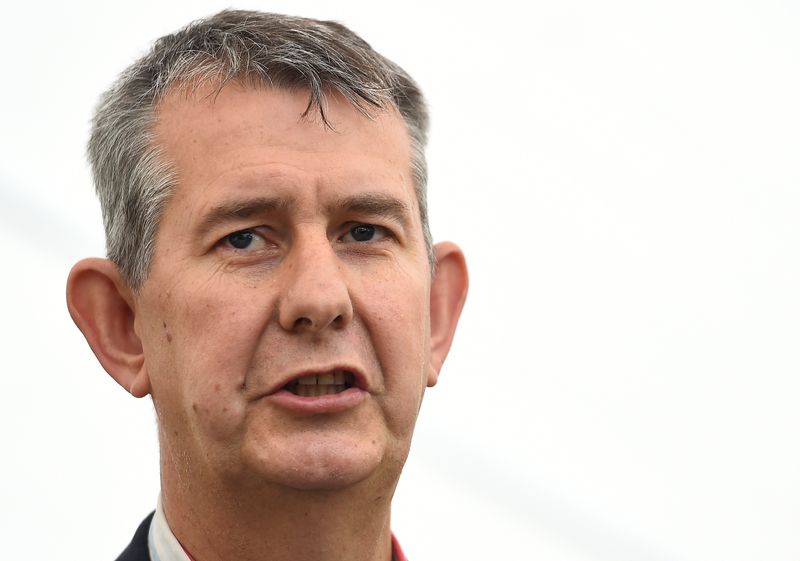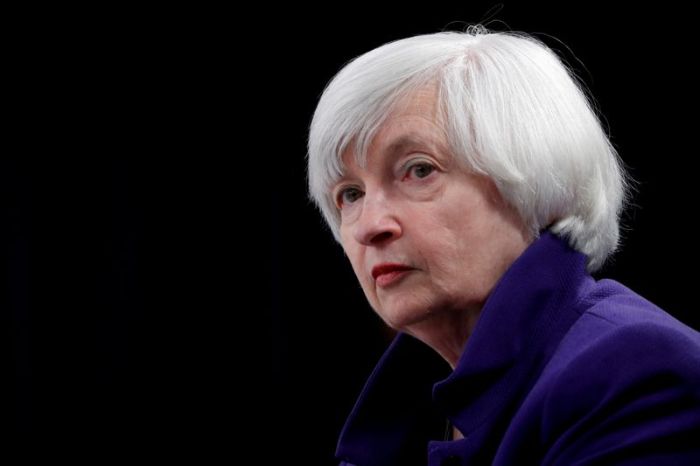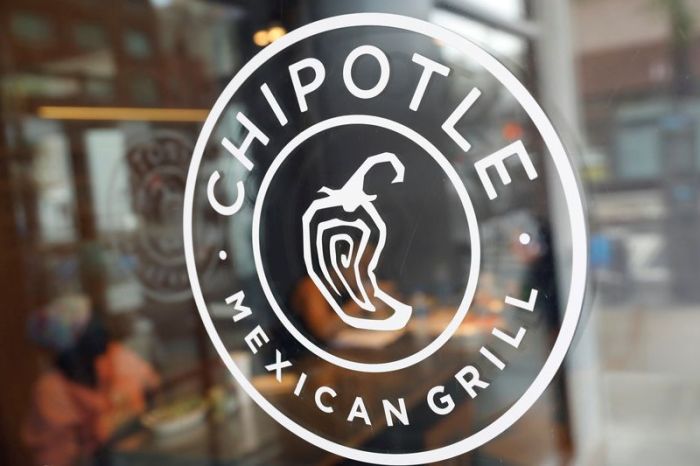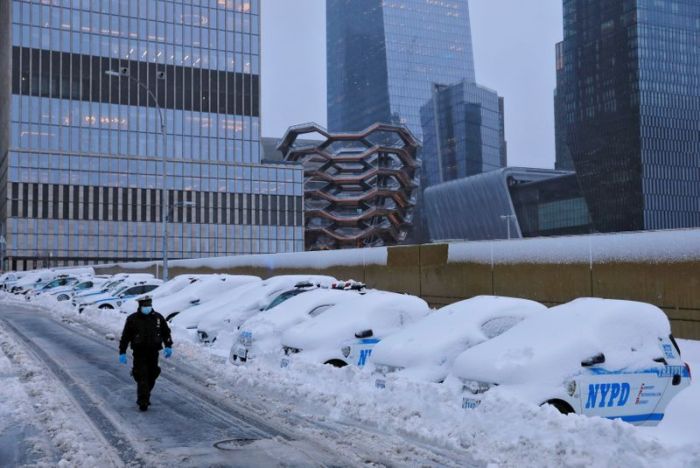LARNE, Northern Ireland (Reuters) -Ireland’s prime minister on Tuesday condemned the intimidation of officials carrying out post-Brexit checks at Northern Irish ports as a “very sinister and ugly development”.
The intimidation led the EU Commission to temporarily withdraw its staff deployed in Northern Ireland to oversee the checks. Local officials were pulled out earlier.
Many pro-British unionists fiercely oppose the new trade barriers introduced between Northern Ireland and the rest of the United Kingdom as part of the Northern Ireland protocol, a standalone deal for the region after Britain left the EU.
Northern Ireland’s devolved government temporarily suspended some inspections at the ports of Larne and Belfast late on Monday after a local council withdrew staff over safety concerns and police said they would increase patrols.
“I would condemn the intimidatory tactics against workers … It’s a very sinister and ugly development,” Irish Prime Minister Micheál Martin told reporters.
The council whose staff inspected goods at Larne Port said serious concerns around their safety were raised after a rise in “sinister and menacing behaviour” in recent weeks, including the appearance of graffiti describing port staff as “targets”.
The local mayor said he had received intelligence that people were taking down the car registration numbers of port staff.
“It’s very worrying when you hear of threats against any of the people here,” a member of Larne Port staff, who would not give her name because she was not authorised to speak to media, told Reuters.
Northern Ireland police have seen increasing signs of discontent and tension but no evidence that paramilitary groups were behind the intimidation, Assistant Chief Constable Mark McEwan told Sky News.
The protocol was designed to maintain the principles of the 1998 Good Friday Agreement and Northern Ireland’s open border with Ireland by keeping the region in the UK’s customs territory and the EU’s single market.
In practice, it has led to delays and in some cases the ceasing of trade in some everyday goods originating in Britain.
LOYALIST ANGER
A senior member of the Democratic Unionist Party (DUP), the region’s largest unionist party which has been calling on London to seek to remove the new trade barriers, appealed for calm, and partly blamed the EU for acting “crassly” in trying to prevent vaccine exports through the Irish border.
A “blunder” by EU officials in briefly invoking and abruptly reversing emergency powers in the protocol during a showdown with Britain over COVID-19 vaccines has further angered unionists.
Responding to the criticism, an EU Commission spokesman said the intimidation originated before the furore of recent days and that “whatever the reason, a threat of violence is simply unacceptable”.
British minister Michael Gove said there were serious problems with the protocol and called for more time to work out how to better implement the new rules.
The British-run region remains deeply divided along sectarian lines even after the 1998 peace deal, with Catholic nationalists aspiring to unification with Ireland and Protestant unionists wanting to remain part of the UK.
Members of the DUP and non-sectarian Alliance party reported that their constituency offices had been defaced with similar graffiti. One read “RIP GFA,” a reference to the Good Friday Agreement.
“You shouldn’t threaten people but something has to be done,” said William Beggs, a Larne resident out walking his dog around the overwhelmingly Protestant town where some celebrate their identity and loyalty to the British crown by painting road edgings in the red, white and blue of the British flag.
“This is a loyalist town and there is a lot of anger about the border down the Irish Sea. It shouldn’t be there.”
(Additional reporting and writing by Padraic Halpin in Dublin and Guy Faulconbridge in London; Editing by Kate Holton, Giles Elgood and Nick Macfie)

